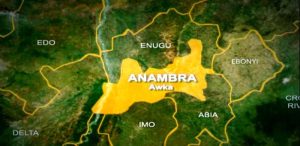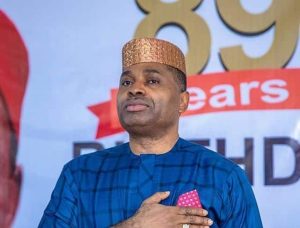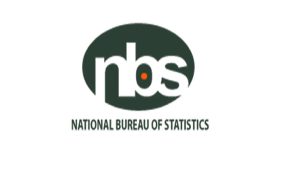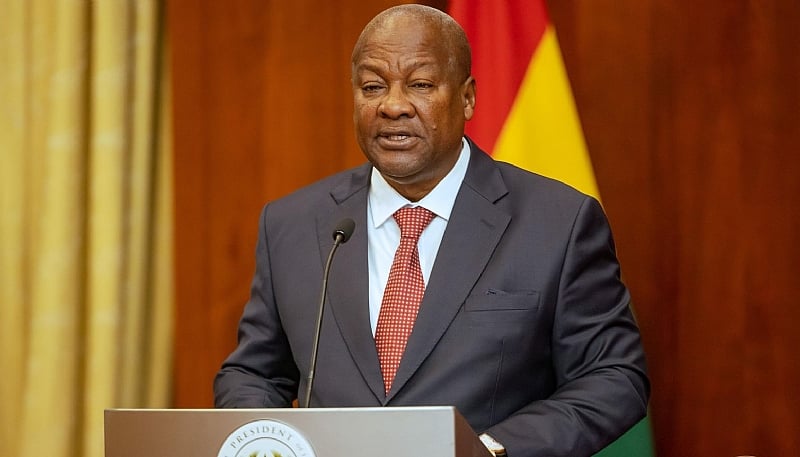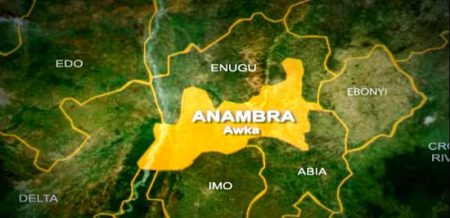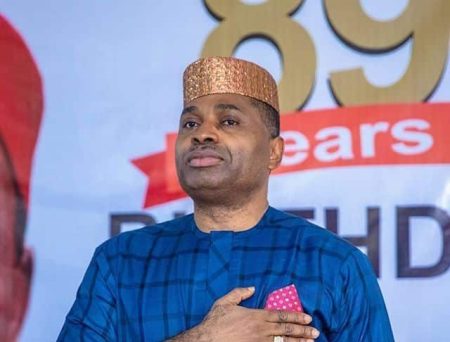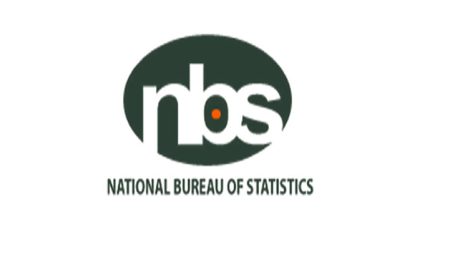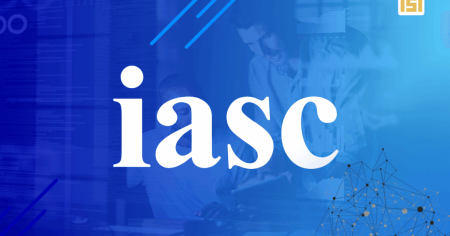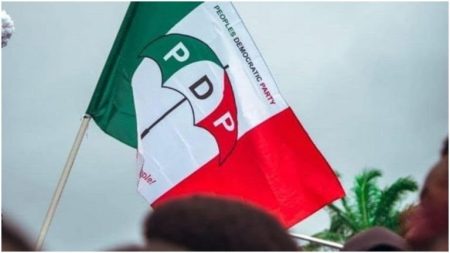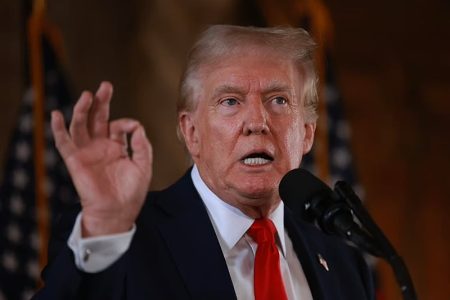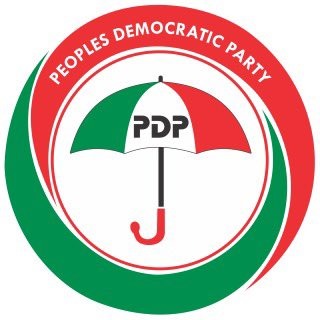President John Dramani Mahama, during a recent ‘Thank-You Tour’ in Ghana’s Savannah Region, expressed deep concern over the escalating tensions between Israel and Iran, highlighting their potential impact on Ghana’s economy. He emphasized that the ongoing missile exchanges are driving up global crude oil prices, posing a threat to Ghana’s fuel stability and economic recovery efforts. Acknowledging the interconnected nature of global events and their potential to affect domestic economies, President Mahama reassured the people of the Savannah Region of his unwavering commitment to their well-being despite these external challenges. He stressed the importance of vigilance and preparedness in navigating these turbulent times.
In response to the emerging threat of rising oil prices due to the Middle Eastern conflict, President Mahama has taken proactive measures to mitigate potential negative impacts on Ghana’s economy. He has directed the Ministers of Finance and Energy to closely monitor the evolving situation and develop predictive models to assess the potential consequences for domestic petroleum pricing. This proactive approach underscores the government’s commitment to safeguarding the economic gains achieved thus far and protecting citizens from the adverse effects of global market fluctuations. President Mahama’s instructions demonstrate a proactive and forward-thinking approach to managing potential economic risks.
Beyond addressing the immediate concerns of international conflict, President Mahama also outlined plans for a new public university in the Savannah Region. This initiative aligns with the National Democratic Congress (NDC) party’s broader vision of enhancing higher education opportunities across Ghana’s six newest regions. The establishment of this institution reflects a commitment to investing in human capital and promoting regional development. The university is envisioned as a vital component in driving economic growth and creating employment opportunities, particularly within the agricultural sector.
The proposed university is strategically linked to the government’s flagship ‘Feed Ghana’ program, which aims to revitalize the agricultural sector and position it as a cornerstone of economic transformation. President Mahama envisions the university as a hub for training skilled professionals who will contribute to the program’s success. By equipping graduates with the necessary expertise and knowledge, the university will play a crucial role in modernizing agricultural practices, boosting productivity, and creating a more resilient and sustainable agricultural sector. This emphasis on skills development underscores the government’s focus on equipping its citizens with the tools they need to thrive in the changing global economy.
The establishment of the university is not merely symbolic but represents a strategic investment in the Savannah Region’s future. It is designed to be a functional institution that directly addresses the region’s specific needs and contributes to the national agenda for skills-driven development. By focusing on practical skills and knowledge relevant to the agricultural sector, the university will empower graduates to become agents of change within their communities. This approach to higher education aligns with the government’s commitment to promoting inclusive growth and ensuring that the benefits of development reach all regions of the country.
In summary, President Mahama’s address in the Savannah Region encompassed both immediate concerns related to global instability and long-term development strategies. His proactive approach to mitigating the potential economic consequences of the Israel-Iran conflict demonstrates a commitment to protecting Ghana’s economic interests. Simultaneously, the announcement of a new public university signifies a strategic investment in human capital and regional development, aligning with the government’s broader vision for a prosperous and inclusive Ghana. The emphasis on skills development and the linkage with the ‘Feed Ghana’ program underscore the importance of equipping citizens with the tools they need to contribute to national economic growth and transformation.


